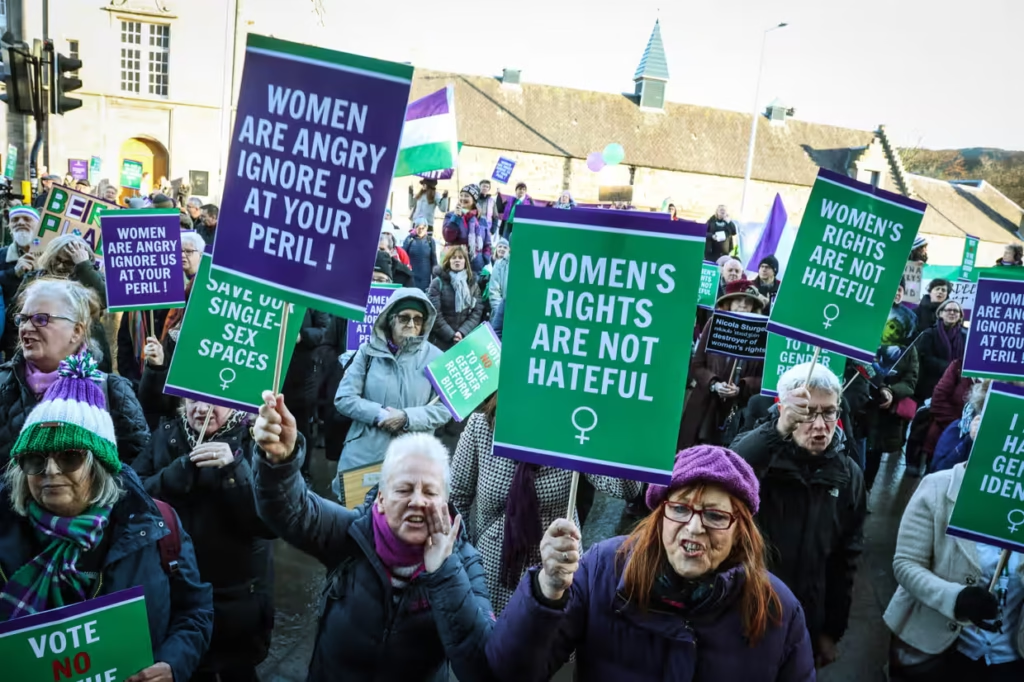
🔍 Overview
In a historic decision that has sparked nationwide debate, the UK Supreme Court ruled that the term “woman” in the Equality Act 2010 refers exclusively to biological sex, not gender identity. The ruling means that transgender women, even with a Gender Recognition Certificate (GRC), are not legally classified as “women” under this law.
This ruling has major implications for how equality legislation will be interpreted and applied across the UK in areas such as public boards, single-sex services, and employment protections.
⚖️ The Legal Battle: For Women Scotland vs. Scottish Government
The case stemmed from a challenge by feminist group For Women Scotland, who opposed Scottish Government guidance allowing trans women to be counted as women for boardroom gender quotas.
The group argued that this interpretation undermined the Equality Act 2010, which they said was meant to protect women based on biological sex.
The UK Supreme Court agreed, stating:
“The words ‘woman’ and ‘man’ in the Equality Act refer to biological sex.”
This ruling overturns previous Scottish legal interpretations and clarifies that “sex” in UK law does not include legal gender changes.
🚨 What This Means Practically
✅ Trans Women Are Not Legally Recognized as Women (for Equality Act Purposes)
This impacts:
- Gender quotas (e.g., for women on public boards)
- Single-sex spaces (women’s shelters, hospital wards, prisons)
- Employment and policy making related to biological sex
❗ However, Trans People Still Have Legal Protections
- Gender reassignment remains a protected characteristic under the Equality Act.
- Trans people cannot be discriminated against unfairly based on their gender identity.
📣 Reactions
✔️ Supporters:
Feminist groups and gender-critical voices, including author J.K. Rowling, welcomed the decision.
“This ruling is a win for women’s rights, clarity in the law, and biological reality,” said one advocate.
❌ Critics:
LGBTQ+ groups like Stonewall and Scottish Trans strongly criticized the decision.
“This sends a troubling message to trans people about their place in society,” a Stonewall spokesperson said.
🌐 What Comes Next?
The ruling could trigger:
- Policy changes across public institutions and corporations
- Renewed debate in Parliament over the definitions of sex and gender
- Potential reforms or new legislation to address the concerns of both sides
🧠 Final Thoughts
This ruling sets a powerful legal precedent that affects not only the UK but may influence international discussions on sex, gender, and equality law.
It underscores the ongoing tension between sex-based rights and gender identity inclusion — a debate likely to shape law and society for years to come.
💬 What’s your take on the ruling?
Drop your thoughts in the comments or share on social media using #SexVsGenderDebate.